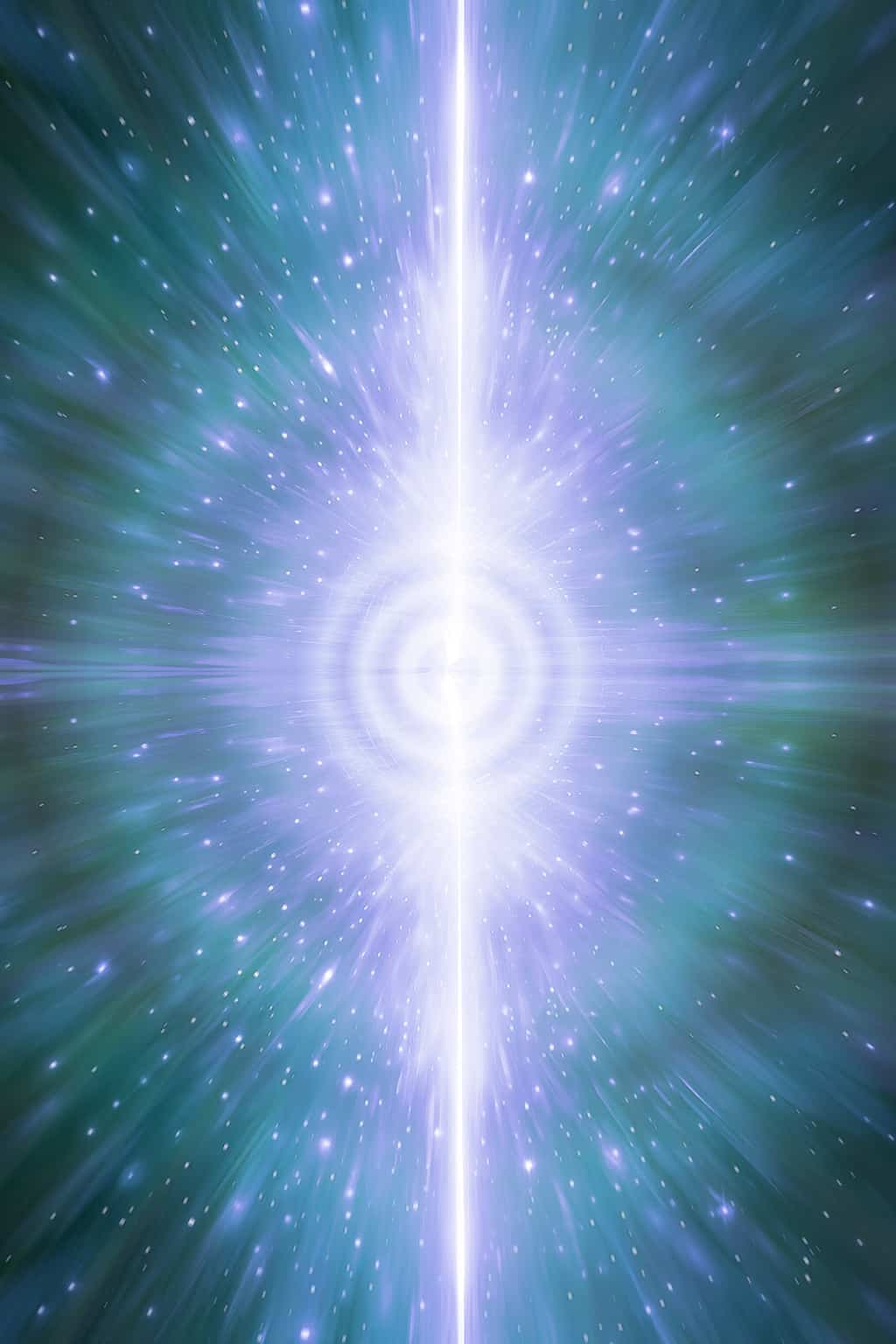Discover Jesus \ Events \Discourse on Time and Space
Tag
Discourse on Time and Space
In Carthage, Jesus discussed time, space, and immortality with a Mithraic priest. Jesus highlighted the limits of human perception, the ultimate interconnectedness of events, and the growth of understanding as one ascends.

Table of Contents
Summary
While traveling to Carthage, Jesus engaged in social, political, and commercial discussions, rarely touching on religion. He captivated his companions, Gonod and Ganid, with stories from his life in Galilee. In Carthage, a memorable conversation unfolded between Jesus and a Mithraic priest from Alexandria about the concepts of time, space, and immortality. Jesus' profound insights offered a new perspective on these fundamental aspects of the universe, emphasizing the limitations of human perception of time, the interconnectedness of events, and the expansive potential for our understanding as we ascend upward and inward.
The Evolution of Time Perception
In Carthage, Jesus elaborated on the concepts of time and space during a conversation with a Mithraic priest. In words of today, he described time as a "stream of flowing temporal events perceived by creature consciousness" and space as "measured by time, not time by space." Jesus explained that on inhabited worlds, human personality, guided by our indwelling spirit, is the only reality that can transcend the material sequence of temporal events.
Animals do not perceive time in the same way that humans do, and even to humans, time appears as a succession of events due to their sectional and circumscribed perspective. However, as humans ascend and progress inward, the enlarging view of this event procession becomes more discernible in its entirety. What was previously perceived as a series of events will be viewed as a complete and perfectly related cycle; in this way, circular simultaneity will gradually displace the one-time consciousness of a linear sequence of events.
The Interconnectedness of All Events
Jesus further discussed how the understanding of time and space expands as one progresses spiritually and how we will begin to see the interconnectedness of all events. He emphasized that there are seven distinct conceptions of space as it is conditioned by time. Space is measured by time, not time by space. Confusion emerges out of the failure to recognize the reality of space. Space is not solely an abstract notion of the variation in relatedness of objects in the universe. Space is not empty, and the only entity known to humanity that possesses the potential to partially transcend space is the human mind. The mind can operate independently from the notion of the spatial relationship of physical entities. Space is relatively and comparatively finite to all living beings. As consciousness becomes closer to understanding the existence of seven cosmic dimensions, the concept of potential space becomes more ultimate. However, the potential of space is truly ultimate only at the absolute level.
A Seven-Dimensional Universe
It should be apparent that universal reality has an expanding and always relative meaning on the ascending and perfecting levels of the cosmos. Eventually, surviving mortals achieve identity in a seven-dimensional universe. The time-space concept of a material mind is destined to expand successively as the conscious and conceiving personality ascends through the universe. When humans achieve the mind that exists between the material and spiritual planes of existence, perceptions of time and space will be greatly expanded in terms of both quality and quantity of experience. The expanding cosmic conceptions of an evolving spirit personality are the result of increases in both depth of insight and scope of consciousness. And as personality progresses upward and inward to transcendental levels of Deity-likeness, the time-space concept will become more similar to the Absolutes' timeless and spaceless concepts.
Suggested Reading from this Essay

Related People
Jesus
Son of God, Son of Man. Creator Son of the Universe.
Contributors
Mike Robinson, Gary Tonge
